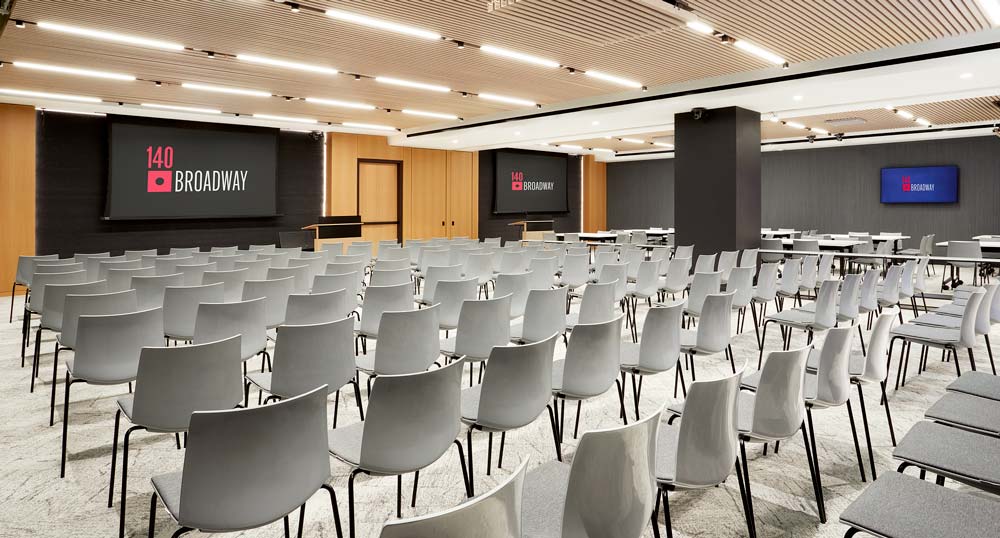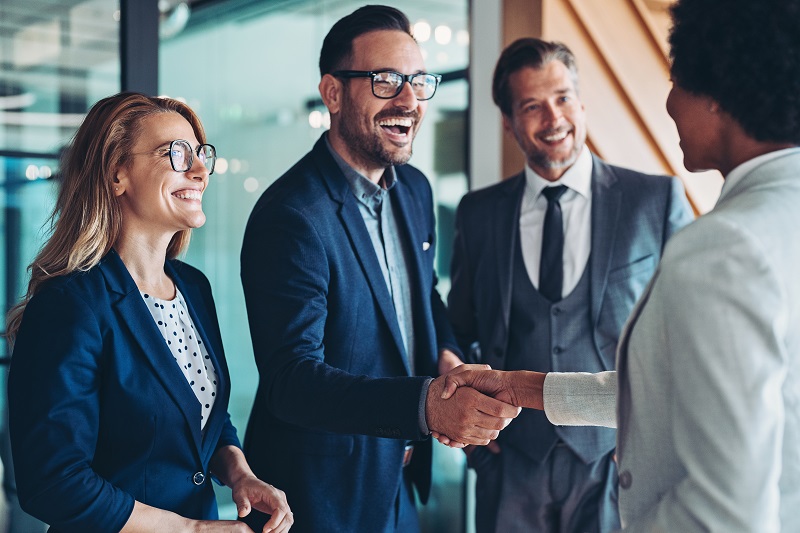Planning an event can be an exciting yet daunting task. One of the most critical decisions you’ll make is selecting the right venue. The venue sets the tone for your event and can significantly impact its success. To help you make an informed decision, we’ve compiled a list of ten essential questions to ask when booking a venue. These questions cover everything from availability to accessibility, ensuring you choose a venue that meets all your needs.
1. Availability
The first step in choosing a venue is to confirm its availability on your preferred dates. This might seem obvious, but it’s crucial to avoid scheduling conflicts. Popular venues can book up quickly, especially during peak seasons. It’s a good idea to have a few alternative dates in mind in case your first choice isn’t available. Early booking can also sometimes secure you a better rate.
2. Capacity
Understanding the venue’s capacity is essential to ensure it can comfortably accommodate your expected number of attendees. Overcrowding can lead to a poor experience, while a venue that’s too large can make your event feel empty and underwhelming. Ask about the maximum capacity and consider the type of event you’re hosting. For example, a networking event might require more space for mingling, while a seminar might need a more compact setup.
3. Cost
Budget is always a significant factor when planning an event. Inquire about the rental costs and what is included in the price. Some venues offer packages that include essentials like tables, chairs, and basic decor, while others might charge extra for these items. Be sure to ask about any potential additional fees, such as cleaning costs, overtime charges, or security deposits. Understanding the full cost upfront can help you avoid unexpected expenses later on.
4. Layout and Setup
The layout and setup of the venue should align with the vision you have for your event. Whether you need a theater-style arrangement for a presentation, a banquet setup for a gala, or a classroom style for a workshop, ensure the venue can accommodate your desired layout. Some venues offer flexible spaces that can be adjusted to suit different needs, while others might have fixed setups. Discuss your requirements with the venue manager to see if they can meet your needs.
5. Catering
Food and beverages are often a highlight of any event. Ask if the venue offers in-house catering or if they allow outside caterers. In-house catering can be convenient and might offer a range of menu options. However, if you have a specific caterer in mind or need to accommodate various dietary restrictions, you’ll want to ensure the venue allows outside catering. Additionally, inquire about menu options and whether they can cater to special dietary needs such as vegetarian, vegan, gluten-free, or kosher meals.
6. Audio-Visual Equipment
Audio-visual equipment is often a necessity for events. Find out what equipment is available on-site and if there are extra charges for its use. This can include microphones, projectors, screens, and sound systems. Having reliable AV equipment can enhance your presentations and ensure your event runs smoothly. If the venue doesn’t provide the necessary equipment, you might need to rent it from an outside vendor, which can add to your costs.
7. Wi-Fi and Connectivity
Wi-Fi access is crucial for most events, whether for presentations, live streaming, or allowing attendees to stay connected. Ensure the venue provides Wi-Fi and assess the quality of the connection. Ask if there is a charge for Wi-Fi access and if there are any limitations on usage. A strong and reliable internet connection can be a significant factor in the success of your event, especially if it involves virtual components or requires attendees to be online.
8. Parking & Accessibility
Parking and accessibility are often overlooked, but are vital aspects of event planning. Review the parking arrangements, including availability and fees. Ensure there is ample parking for your attendees and consider the convenience of the parking location. Additionally, confirm that the venue complies with ADA standards for accessibility. This includes ramps, elevators, and accessible restrooms. Ensuring your venue is accessible to all attendees is not only a legal requirement but also a sign of good hospitality.
9. Event Coordination
Having an on-site event coordinator can be a tremendous asset. Check if the venue offers this service and what level of support they provide. An event coordinator can assist with planning and execution, helping to ensure everything runs smoothly on the day of the event. They can also be a point of contact for any issues that arise, allowing you to focus on your guests and the overall experience.
10. Restrictions
Finally, clarify any potential restrictions the venue might have. This can include restrictions on decorations, entertainment, or other aspects of your event. For example, some venues might not allow open flames, confetti, or loud music after a certain hour. Understanding these restrictions upfront can help you plan accordingly and avoid any surprises on the day of the event.
Let Arch Meetings & Events help you find your perfect event venue. Our team of experts is here to assist you every step of the way so you may start planning your next event with confidence!





